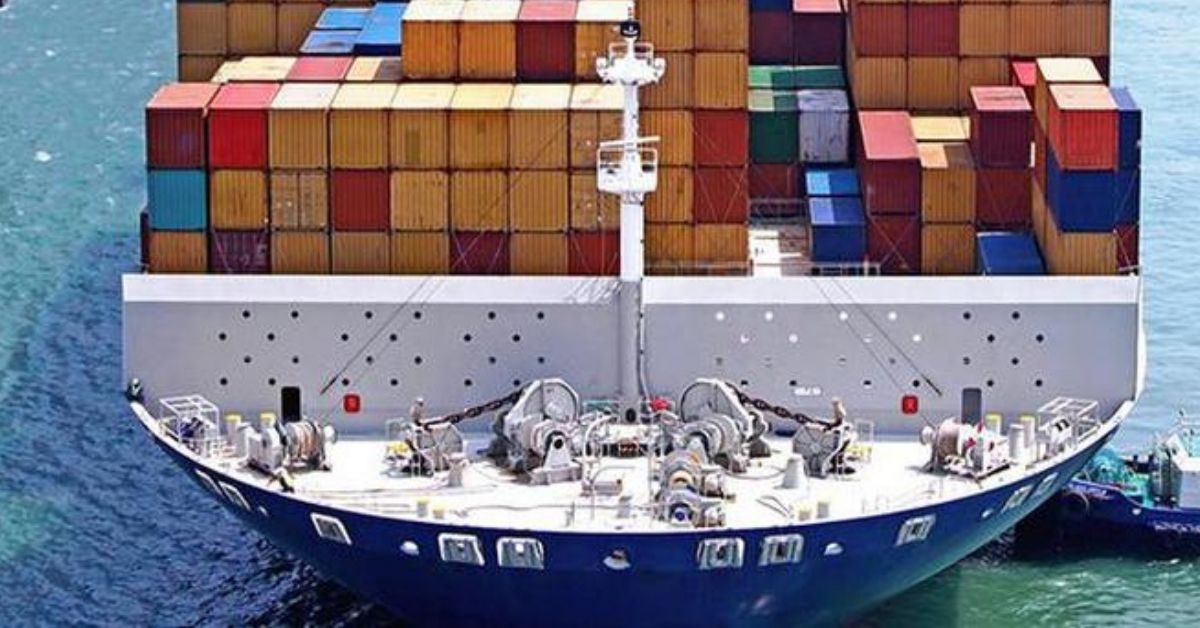Alongside soaring fuel prices resulting from war and Ukraine and Gaza, shortages of qualified seafarers and a move to more sustainable shipping practices have proved challenging for shipping firms to contend with.
Dubai-based Tristar Eships, one of the region’s largest maritime logistics companies, has a diverse fleet specialising in clean petroleum products, dry cargo and liquefied petroleum gas.
Trade disruption
Tristar’s chief executive of maritime logistics, Tim Coffin, said conflict in Ukraine and Gaza was likely to continue disrupting the flow of trade, elevating the costs of moving goods around the world.
“The consequence [of war] is that oil needs to move further than it used to, so there is more so-called ‘ton-mile demand’ for tanker tonnage than in January 2022,” he said.
“You have to use the same ships to go further. It takes two years to build a ship, so you can’t automatically respond to that change in capacity requirement.
“War equals trade disruption, which equals inefficiency and that leads to higher freight rates.”
Mr Coffin said the Gaza conflict has had an impact on crude oil prices because geopolitical uncertainty always has an impact, and affects fuel prices.
“As a result, we’ve already seen freight rates rocket,” he said.
War in Ukraine has already caused substantial disruption to international shipping and maritime trade routes, largely due to the strategic importance of the Black Sea as a critical waterway for transporting goods between Europe and Asia.
The three main importers of Ukrainian grain in 2020 were Egypt, China and Turkey.
Re-routed ships have resulted in extended transit times and increased operational costs.
Matt Stanley, a senior commodity broker at Starfuels in Dubai, said while the impact on shipping resulting from the Israel Gaza conflict was likely to be less severe than the Ukraine war, it could still deal a heavy blow to fuel prices.
“The biggest problem with the Russian war was in Europe and what it meant for energy security,” he said. “Because 50 per cent of Europe’s diesel came from Russia, it had a direct impact on supply. “The Israel-Gaza war does not have the same impact. “People are concerned about what this conflict means for the Suez Canal and freight has continued to increase in price. “The longer it drags on, the longer it’s a problem for the region.”







